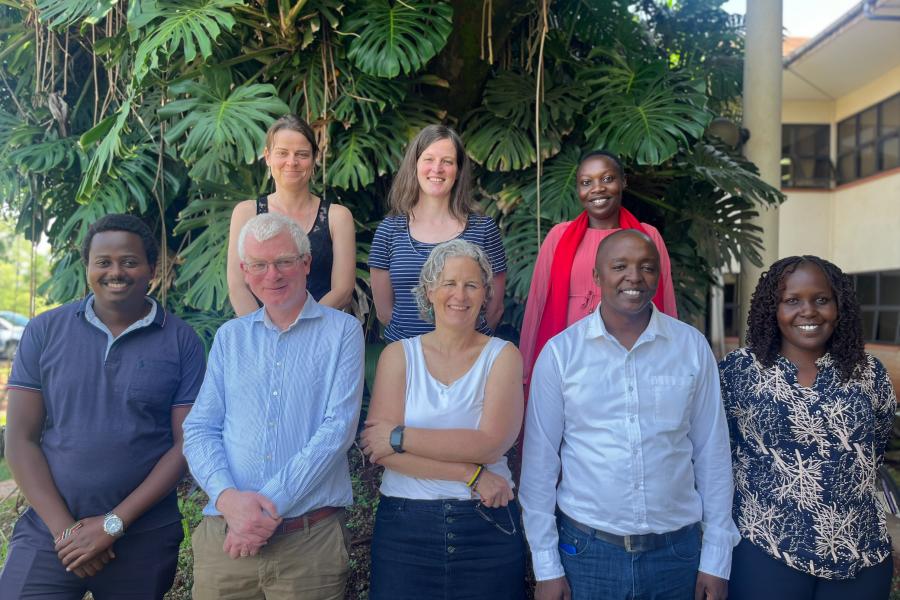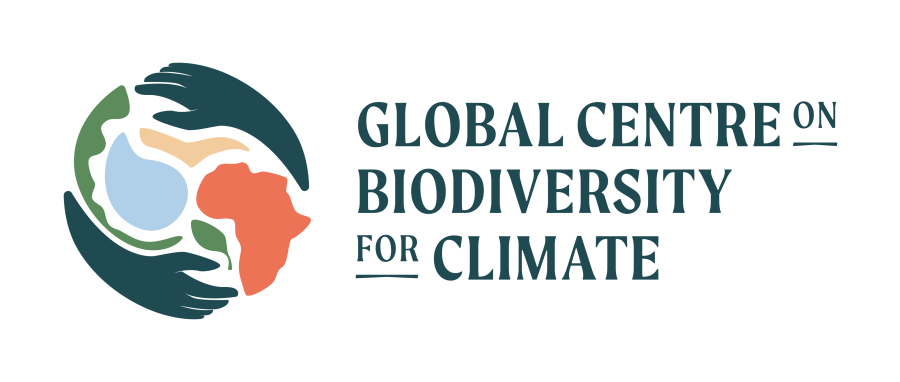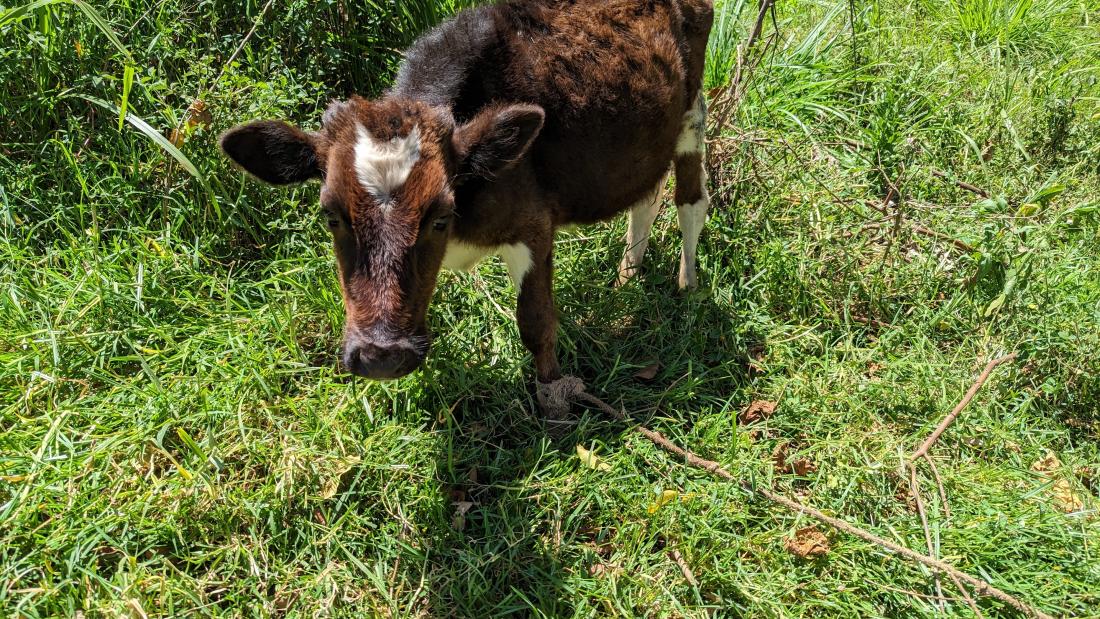Our Project
This project will enhance the knowledge and understanding of the important role of smallholder pasture management for biodiversity in the Kenyan highlands. It will determine the effect of smallholders’ pasture management practices on biodiversity or their trade-offs and synergies with climate resilience, green house gas emissions and livestock productivity.
This project brings together scientists drawn from Bangor University’s School of Environmental and Natural Sciences, International Livestock Research Institute (ILRI), University of Manchester, National Museums of Kenya, University of Eldoret and Country partners (counties and equity group foundation).
This is a three-year project financed by the UK Government’s GCBC initiative.
Project Background
Smallholder pasture management plays an important role for biodiversity in the Kenyan highlands. However, little is known about the effect of smallholders’ pasture management practices on biodiversity or their trade-offs and synergies with climate resilience, greenhouse gas emissions and livestock productivity. Adopting a multi- and transdisciplinary approach, we will investigate these interrelationships and stimulate citizen science and farmer to farmer scaling, complemented by modelling of the potential bottlenecks and opportunities to greater use of these practices. More nuanced recommendations for policy makers will enable the scaling of these practices to similar contexts in the African region.

Our Activities
To achieve the project goals we will seek to answer the following research questions:
- Which current smallholder dairy farming pasture management practices are correlated with improved biodiversity and soil health, reduced GHG emission intensities, and increased productivity?
- How much does vegetative biodiversity contribute to the improved climate resilience of pastures?
- What are the trade-offs among biodiversity, soil health, production, and GHG EI indicators for different pasture management practices?
- What characterizes positive deviance at a smallholder farm household level in terms of biodiverse and climate resilient pasture management?
- What are the potential benefits at the national and regional level for out-scaling biodiverse, climate resilient pastures?
Meet the Team
This project brings together researchers from Bangor University, International Livestock Research Institute, University of Eldoret, University of Manchester and National Museums of Kenya
Project Partners
- KAGRIC
- KFS
- SYSTEMA BIO
- EQUITY FOUNDATION
- NAVCDP
Latest News and Blog
Contact Us
If you have any questions about this project, please e-mail James Gibbons or telephone +44 1248 382461.
Acknowledgements
The Global Centre on Biodiversity for Climate (GCBC) is an Official Development Assistance (ODA) programme that funds research into natural solutions to biodiversity loss, climate change, and poverty.
The GCBC is funded by the UK’s Department for Environment, Food and Rural Affairs (Defra) and managed in partnership with DAI Global (Fund Management Lead) and the Royal Botanic Gardens Kew (Strategic Science Lead).
Disclaimer: This material has been funded by UK International Development Funds; however, the views expressed do not necessarily reflect the UK government’s official policies




